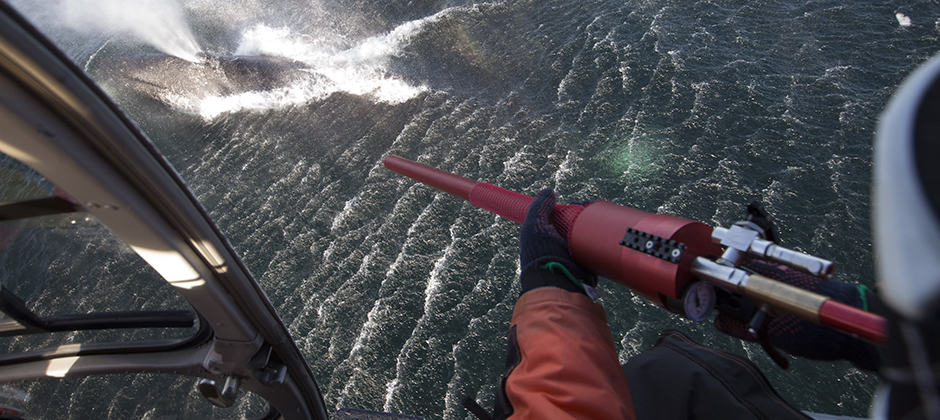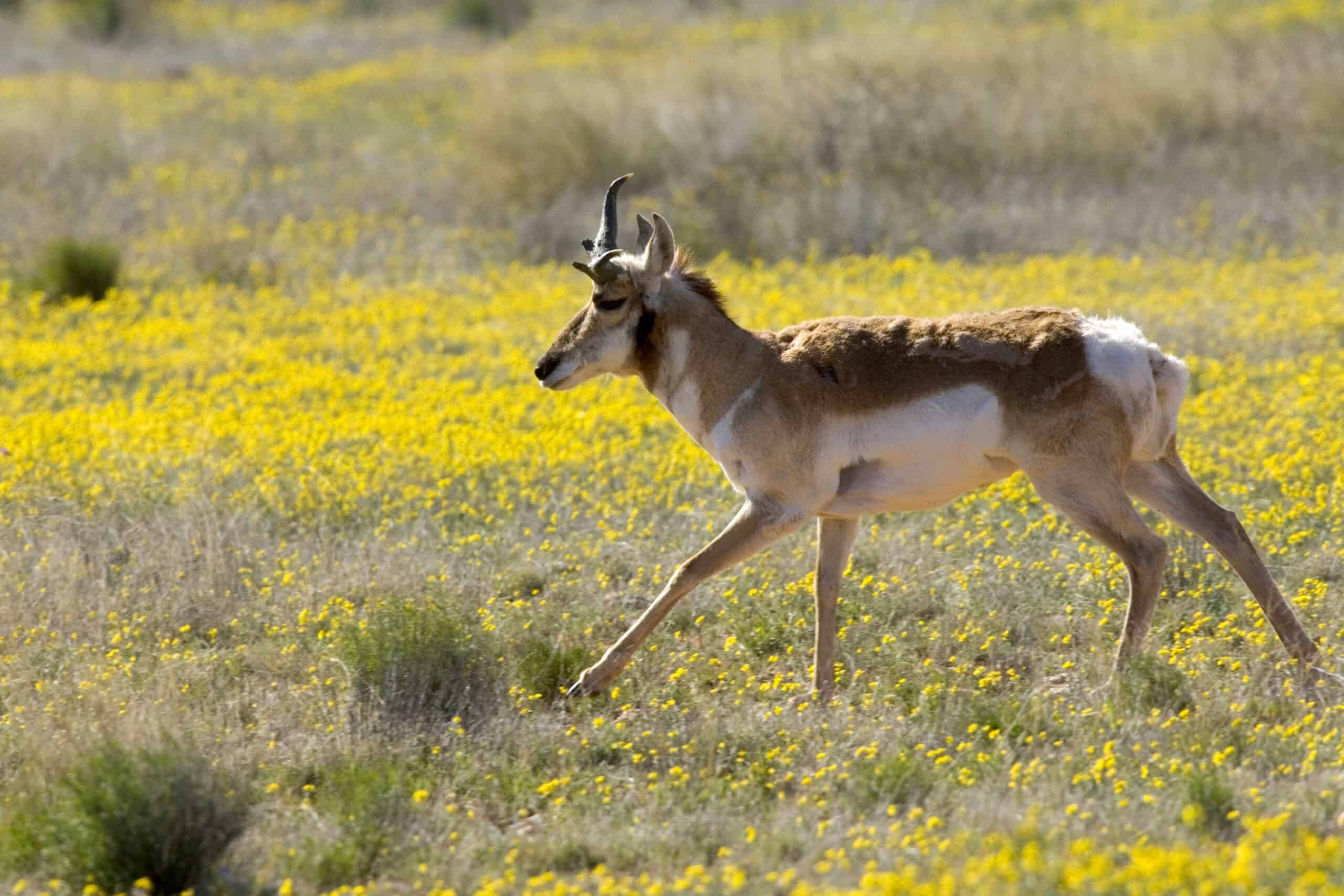Share this article
Arctic whales shift northward as climate warms
As sea temperatures warm in the Arctic, polar whales will likely move northward, raising questions about their ability to persist as colder habitats disappear.
“We’re learning they actually give a good picture of how the rest of the ecosystem could respond to climate change,” said Philippine Chambault, a postdoctoral researcher and Marie Skłodowska-Curie fellow at the Greenland Institute of Natural Resources funded by a Marie Skłodowska-Curie grant.
Chambault led a study published in Science Advances modeling the future population distribution in the next decade for narwhals (Monodon monoceros), beluga whales (Delphinapterus leucas) and bowhead whales (Balaena mysticetus)—the three endemic species of Arctic whales—under different climate change scenarios. The models took into account factors like sea surface temperature, salinity levels and ocean depths, which can imply prey distribution and abundance.
Applying the models to nearly 30 years of migration data based on satellite tags, Chambault and her colleagues found the three species would shift northward, even with efforts to stop temperatures from warming more than 2 degrees Celsius by 2100. While each species would behave differently, they found, all three would shift northward by the end of the century by an average of 243 kilometers in the summer and 121 kilometers in the winter.
Summer habitats, when the whales are farthest north, are expected to decline by 25%, except for narwhals occupying a tight coastal strip east of Greenland. Winter habitats could increase slightly, but researchers fear that wouldn’t make up for the challenges they will face in the summer.
The problem, Chambault said, is that at some point there may not be anywhere farther north to migrate, especially for bowhead whales in East Greenland, which are already located fairly far north. And while the models predict the whales will move north, it’s not clear how quickly they will adapt.
“What this study tells us is that under these scenarios, it’s not very optimistic,” she said.
Marine mammals are an indicator of ocean health, Chambault said, and how they respond to climate change can affect the rest of the ecosystem.
“There’s a cascading effect that can impact lower trophic levels of the food chain like zooplankton and phytoplankton,” she said. “The whole ecosystem is fragile, and if you move little pieces of the puzzle, the whole puzzle can crumble.”
Header Image: A researcher tags a bowhead whale from a helicopter in East Greenland. Credit: Kit M. Kovacs








